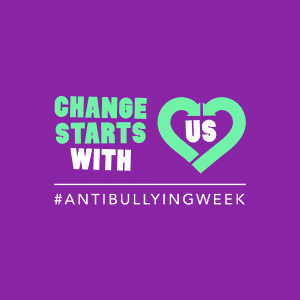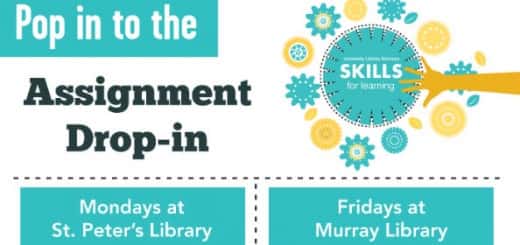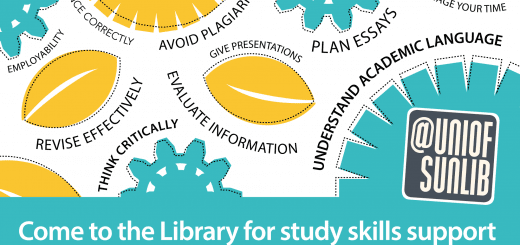Anti Bullying Week in Schools

This week is anti-bullying week, organised by the charity Anti-Bullying Alliance with a theme of ‘Change starts with us’ #AntiBullyingWeek #ChangeStartsWithUs
The Anti-Bullying Alliance was established by the NSPCC and the National Children’s Bureau in 2002 and is hosted by the National Children’s Bureau.
It contains information, reports and tools and resources to support teachers, children and parents in combating Bullying from Early years through to Secondary Education and beyond.
The effects of bullying can have a massive impact on all individuals and in all areas of life, whether this be in a school environment, University and College setting, work and even socially. There are links with Mental Health and wellbeing, attendance and attainment. It affects adults as well as children.
A recent survey and report by Anti Bullying Alliance ‘Change Starts With Us – Anti-Bullying Week Report’ highlights that are increasing reports of cyber bullying and bullying in online games. Other hotspots include the journey to and from school.
Further research from The Diana Award also shows high incidences of bullying in Secondary schools – “Almost 30% of secondary school students experienced bullying compared to 23% of primary students” Taken from ‘Experiences of bullying amongst school-aged children in the UK A snapshot’ (Accessed 8th November 2019)
The library has a number of resources on bullying/anti-bullying, how to tackle it (in school settings and elsewhere), effective strategies and prevention methods. Below are a few examples of books and journal articles that you may find useful.
Smith, P. K. (2019) The psychology of school bullying. Abingdon, Oxon ; New York, NY: Routledge


